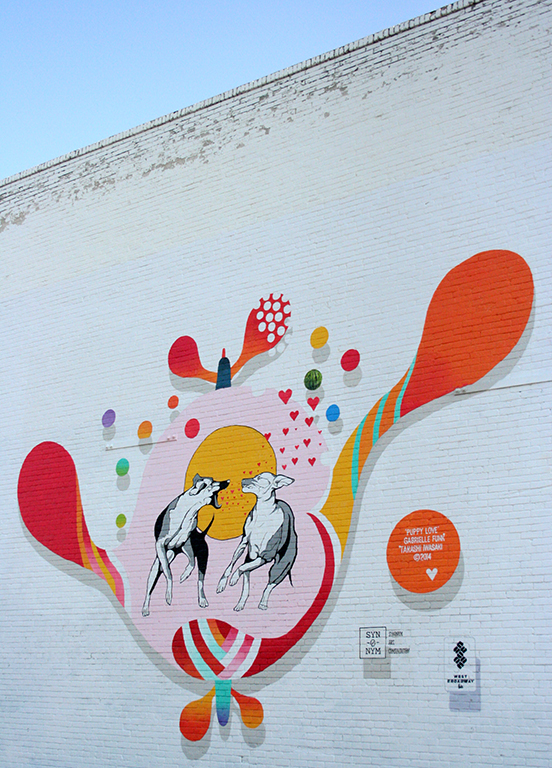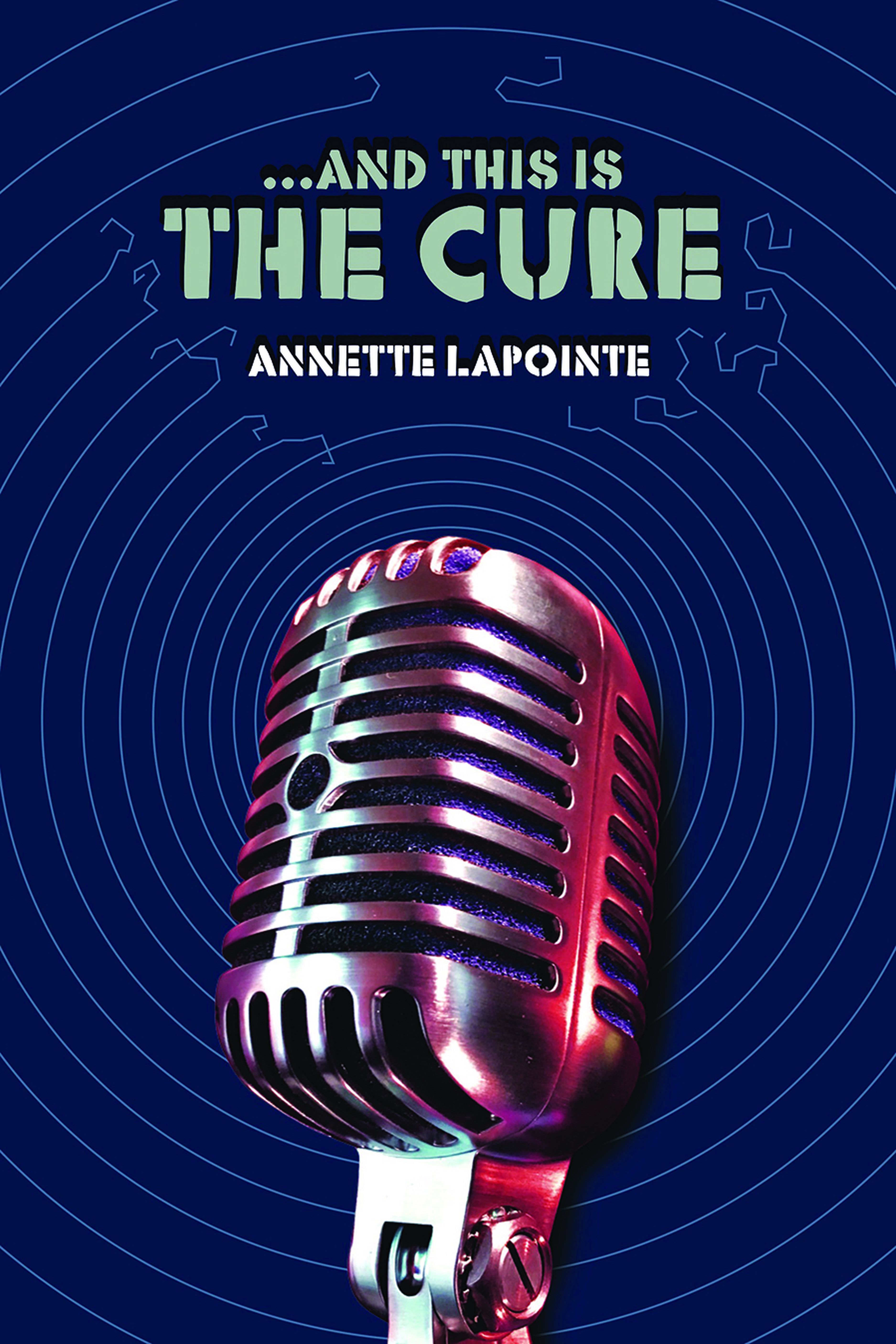It was cold and pouring rain in St. John’s when I spoke to author Craig Francis Power from his home in Newfoundland. How appropriate, as you couldn’t ever call Power’s debut novel “sunny.” Gritty, yes — often dark, down-to-earth and sardonically funny. But Blood Relatives is not a day at the beach, unless maybe it’s the beach from The Seventh Seal where Antonius Block plays chess with Death.
In Blood Relatives, people are hurt both physically and emotionally, and yes, things get a little bloody. It’s apparent that Power is concerned with the meat of real life, where often broken people eat, drink (a lot), fight and have sex (when they can). This isn’t what people usually associate with “official Canadian literature.”
When I ask him about the established “CanLit” landscape, not often peopled by his kind of characters, Power laughs. “Oh man, am I going to get in trouble for this? There’s a lot of it I find pretty precious and boring and removed from the kind of normal day-to-day reality I find interesting.”
What Power does find interesting is black humour; it’s shot through both Blood Relatives and the work of the writers he likes best. “My favourite writers, whether they’re from Newfoundland or not, have that quality that I admire and want to steal for my own purposes.” And Power is successful, not in “stealing,” but in his ability to look at real people’s more embarrassing foibles without flinching.
There isn’t any shortage of young-ish male protagonists who are scornful, deeply flawed and just can’t seem to get their life together. There are actually boatloads of them (See: Chuck Palahniuk, who made a whole career of it). Blood Relatives works because, in his central character Charlie, Power pulls it off with enough sympathy and warmth to make one care.
To start — let alone finish — a first novel take major gumption. You would probably require dedication, some vision, encouragement, and for Power, “pure stubbornness.” He continues, “I think that a certain dissatisfaction with a lot of the things I had read fed into my drive. And I think that being kind of pissed off helps one’s creativity.” That is, if you don’t quit.
“I read somewhere, [ . . . ] their advice to young writers was, ‘Stop. Quit. Don’t do it to yourself.’ But I’m not quite that cynical. Maybe that’s even more darkly humorous than even I care to be. But Jesus, just keep going I guess. You know, why not?” He laughs. “How’s that? Isn’t that wonderful advice?”
Power has already won several awards for his novel — the Percy Janes First Novel Award, the Fresh Fish Award — though he says he has “problems with even the idea of competitions, particularly in the arts.” Yet, he credits the recognition for giving him the encouragement he needed to commit his efforts toward writing at all. This is one example of “the Canadian art establishment” having a measurable effect, something Power recognizes.
Still, if it can encourage writers like Power, it can also be part of the machine writers like him are trying to avoid. Case in point, another message to young writers: don’t take creative writing classes. “They encourage this ‘kids, you too can, once you get your MFA and teach creative writing somewhere.’ The things that I find kind of repulsive about much of what’s being written in Canada is that I believe those creative writing classes really do produce kind of like ornate, pseudo-poetic kind of precious, dull writing.”
Like in other fields, there is an observable “credentialization” of art in the country, where to make stuff you have to follow the Canadian canon of fine art and literature — take the right courses, read the award-winning books, even get a Master of Fine Arts.
“It’s very similar in some cases to the visual art world where an MFA basically means that you’re like ‘licensed’ to be an artist or something. And so I would avoid those sorts of things.” Power pauses. “But I mean, again, that’s really only my opinion so I guess any young writer could go out and do an MFA if they bloody well felt like it.”
Craig Francis Power will read from his new book, Blood Relatives, on Sept. 23 at 2:30 p.m. in University College 236. Blood Relatives is available from Pedlar Press.



